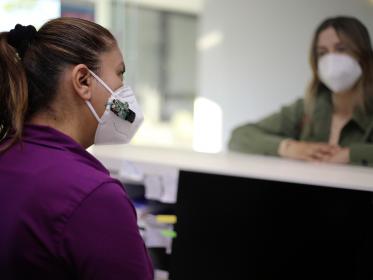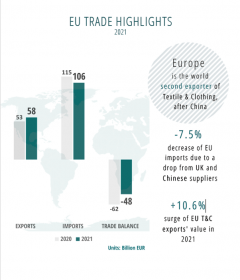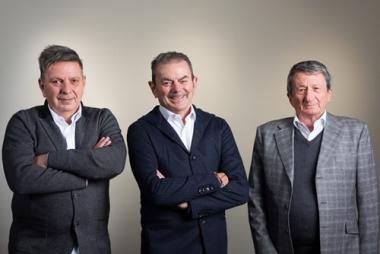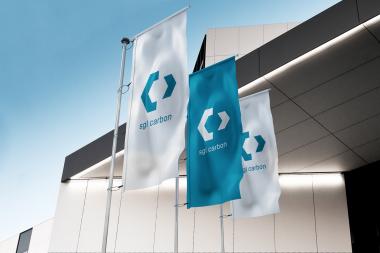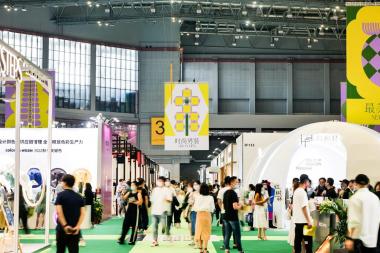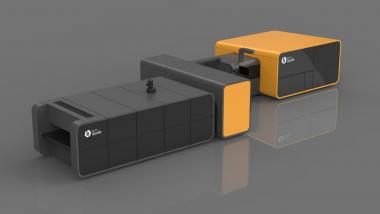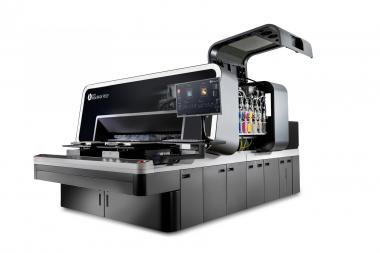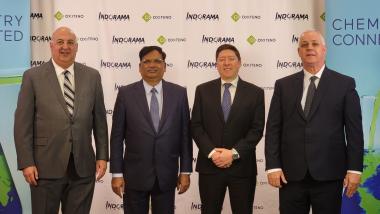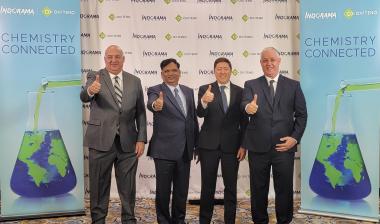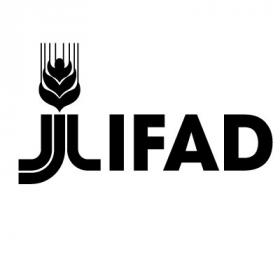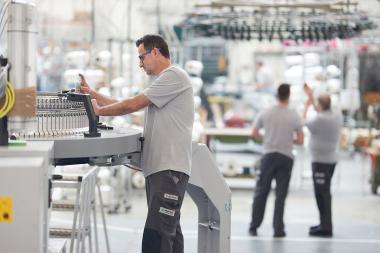Fraunhofer: Kommunikationsadapter für Gesichtsmasken
Medizinische Masken sind in der Pandemie zum Alltag geworden. Mit ihrem erhöhten Virenschutz gehen allerdings auch Verständigungsprobleme einher. Forschende des Fraunhofer UMSICHT haben für dieses Problem einen Kommunikationsadapter entwickelt, der die Stimme verstärkt und so das Gespräch erleichtert. Nun ist die Erfindung unter dem Namen maskAMP® geschützt und ein Patent erteilt.
Comedians, Sänger*innen und Politiker*innen – sobald Menschen auf einer Bühne sprechen, greifen sie fast schon selbstverständlich zum Mikrofon. In unserem Alltag dagegen verstehen wir uns normalerweise ohne Hilfsmittel. Mit Pandemie und Gesichtsmasken finden wir Verständigungsprobleme allerdings auch in alltäglichen Situationen wieder. Nicht ohne Grund erklingt am Empfang in der Arztpraxis oder an der Supermarktkasse immer öfter ein »Wie bitte?«. Das Fraunhofer IBP hat herausgefunden, dass die Masken 5 bis 15 Dezibel der Lautstärke schlucken. Somit fühlt sich die Entfernung zum Gegenüber mit Masken doppelt so groß an, wie sie tatsächlich ist.[1]
»Im Alltag gleichen Menschen diese maskenbedingten Verständigungsprobleme mit einer lauteren Stimmgebung aus«, erklärt Melih-Ahmet Dimetokali, Mitarbeiter in der IT-Infrastruktur des Fraunhofer UMSICHT. »Das belastet allerdings die Stimmlippen und auch eine physiologische Stimmgebung funktioniert dann zum Teil nicht mehr.« Verstärkt wird das Problem gleichzeitig durch Mindestabstände und schalldämpfende Glasscheiben. Die Resonanz ist so noch stärker eingeschränkt und die Artikulation gehemmt. Wie das Fraunhofer IBP herausgefunden hat, machen sich dadurch auf längere Zeit Erschöpfungssymptome wie Heiserkeit, Halsschmerzen, aber auch Kopfschmerzen und Abgeschlagenheit bemerkbar.
Mit Kommunikationsadaptern wieder mehr verstehen können
Das UMSICHT-Forscherteam – bestehend aus Melih-Ahmet Dimetokali, Michael Joemann und Rasit Özgüc – hat als Lösung einen abnehmbaren Adapter entwickelt, der die Stimme verstärkt und so Gesprächssituationen erleichtert. »Anders als bei Konkurrenzprodukten mindert der leichte Adapter nicht den angenehmen Tragekomfort der Maske«, betont Rasit Özgüc aus der Abteilung Elektrochemische Energiespeicher. »Uns war bei der Entwicklung sehr wichtig, dass der Verstärker alltagstauglich ist. Denn auch wenn die allgemeine Maskenpflicht derzeit weggefallen ist, gibt es Personenkreise, die Gesichtsmasken auch vor und nach der Pandemie regelmäßig tragen müssen. In medizinischen und pflegerischen Einrichtungen (Arztpraxen, Krankenhäuser, Pflegeheime etc.) beispielsweise bleibt die Maskenpflicht bestehen, um ältere und vorerkrankte Menschen besonders zu schützen. Allein in Deutschland arbeiten an die 3,3 Mio. Menschen im öffentlichen Gesundheitswesen.«
Ein weiterer Vorteil des Verstärkers ist seine Wiederverwendbarkeit. Da er flexibel positionierbar und abnehmbar ist, kann er bei einem Wechsel der Gesichtsmaske auf ein neues Modell übertragen werden. Nutzende können den Adapter so einfach reinigen oder wieder aufladen. »Das macht ihn im Vergleich bereits erhältlicher Produkten auf dem Markt umwelt- und ressourcenschonend. Dort ist die Elektronik nämlich meistens fest in der Maske integriert«, erklärt Özgüc, »Trotzdem können wir mit geringen Materialkosten und ohne Mindestproduktionsmenge der steigenden Nachfrage gerecht werden.«
Erstes Patent für einen Kommunikationsadapter
Für maskAMP® haben die UMSICHT-Forschenden nun einen Patentschutz für Deutschland erlangt, welcher jetzt in die weltweite Anmeldung überführt wird. Das Produkt umfasst zum einen den wiederverwendbaren Kommunikationsadapter für Gesichtsmasken und zum anderen das System aus Kommunikationsadapter und Gesichtsmaske. Auch das Verfahren zur Bereitstellung eines solchen Systems fällt unter den Namen. Damit ist maskAMP® der erste patentierte Kommunikationsadapter.
Entwicklung vom Prototyp zur Marktreife
»Bis es den Kommunikationsadapter zu kaufen gibt, wird es allerdings noch etwas dauern«, ergänzt Michael Joemann, einer der Miterfinder. »Unser System muss zur Marktreife entwickelt werden. Dafür suchen wir lizenznehmende Vertragspartner mit den entsprechenden technologischen Möglichkeiten und Vertriebskanälen. Interessierte wenden sich bitte unter dem Stichwort maskAMP® an Rasit Özgüc.
[1] Fraunhofer »Das Magazin« Ausgabe 4.20, Seite 30-31.
Fraunhofer Institute Fraunhofer UMSICHT Atemschutzmasken Masken Mundschutzmasken Covid-19
Fraunhofer UMSICHT


